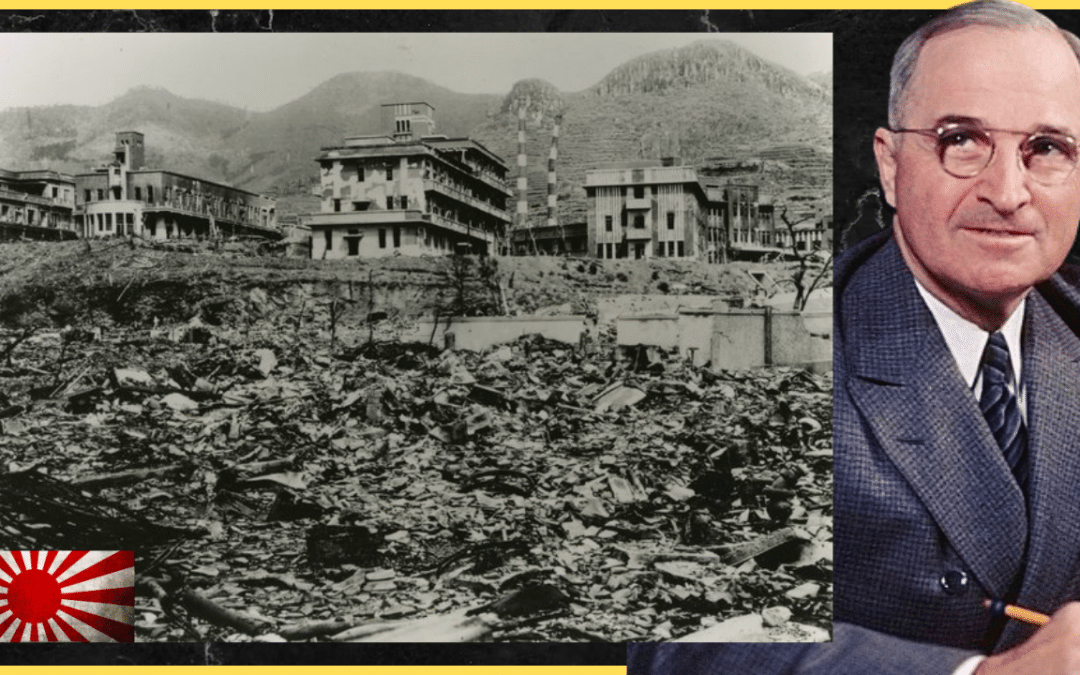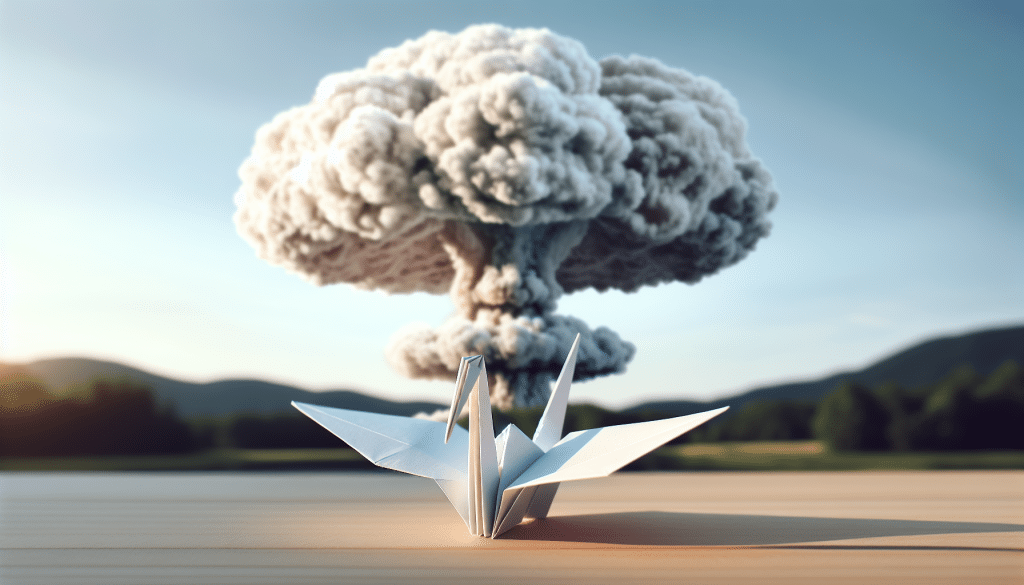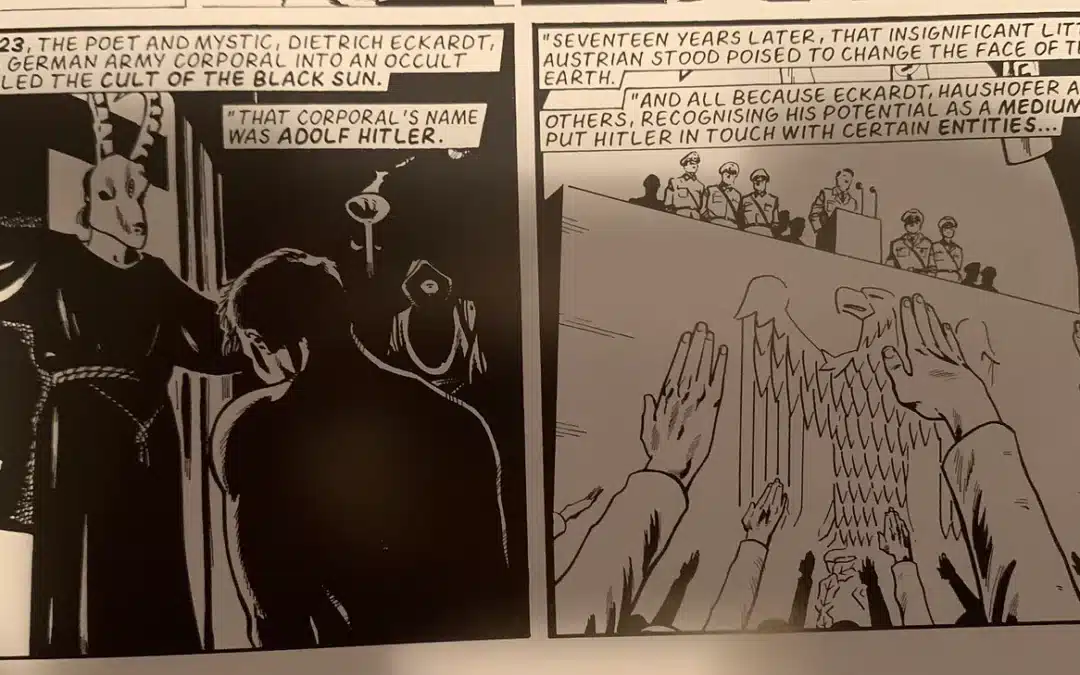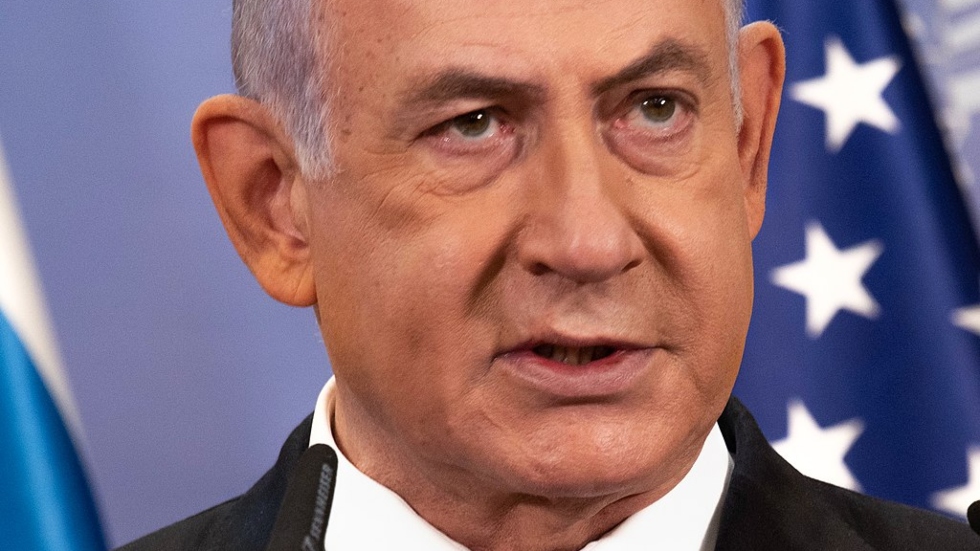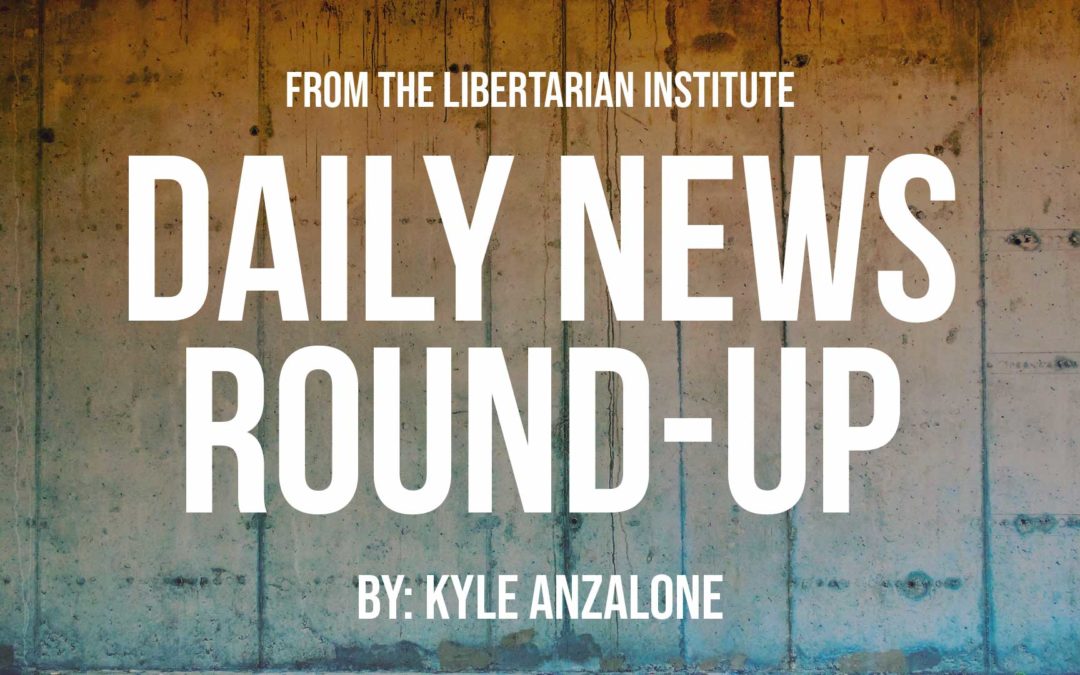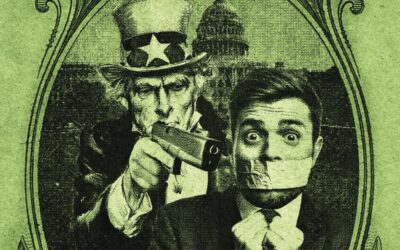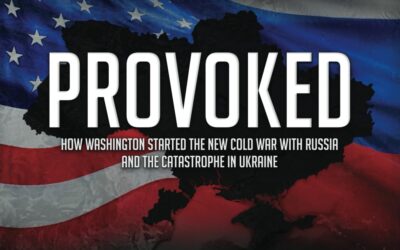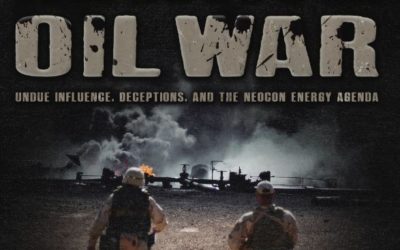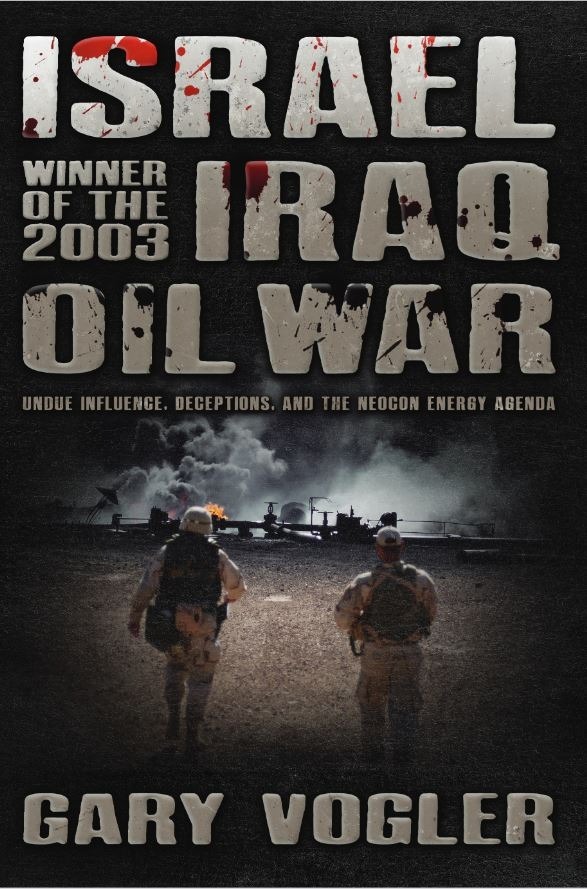Recently, the internet was lit ablaze by Tucker Carlson interviewing popular historian Daryl Cooper. Revealing that religion is not on the decline, like angry Catholics from the medieval times all of Twitter was out to burn Cooper at the stake for his views on World...



